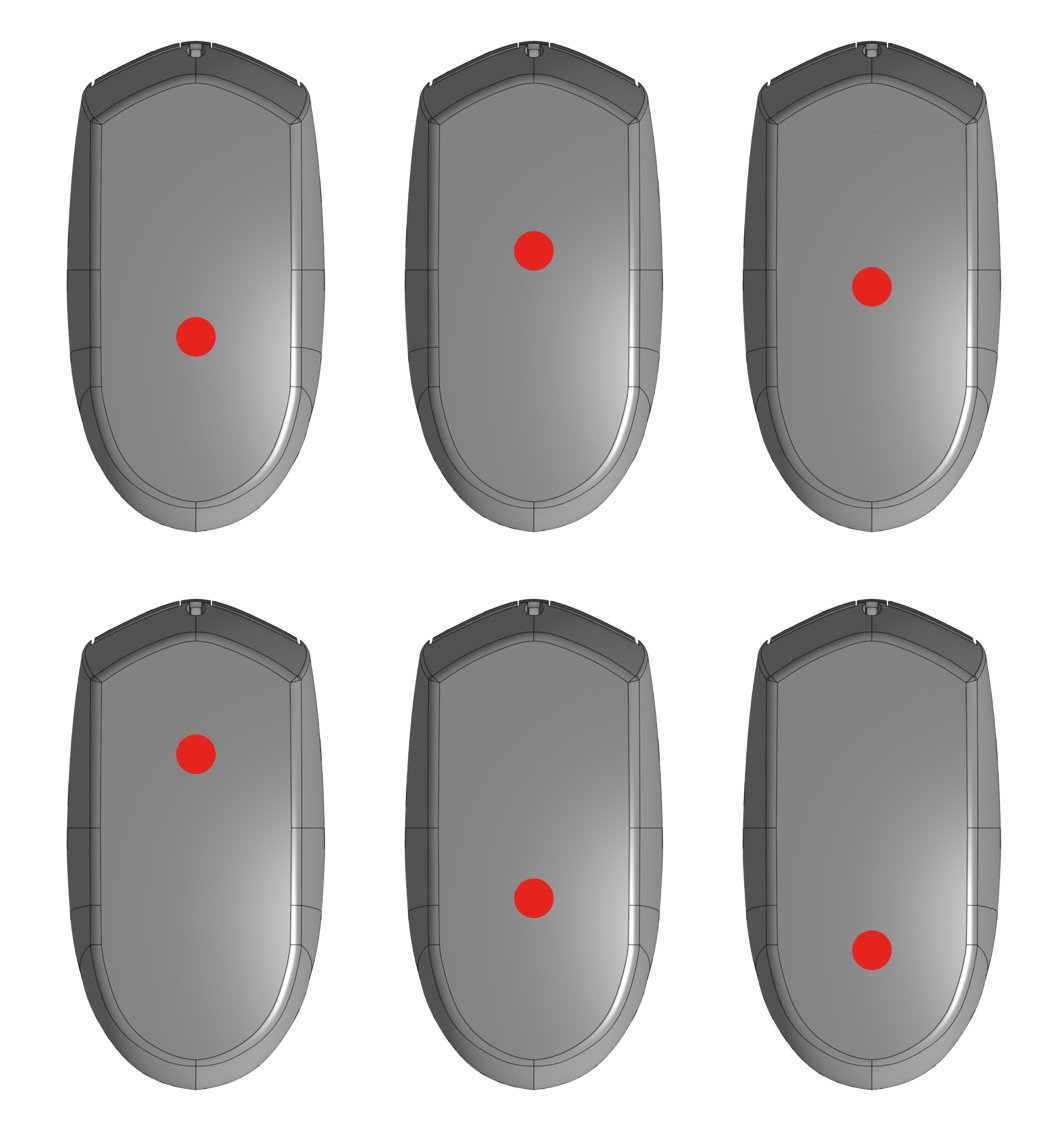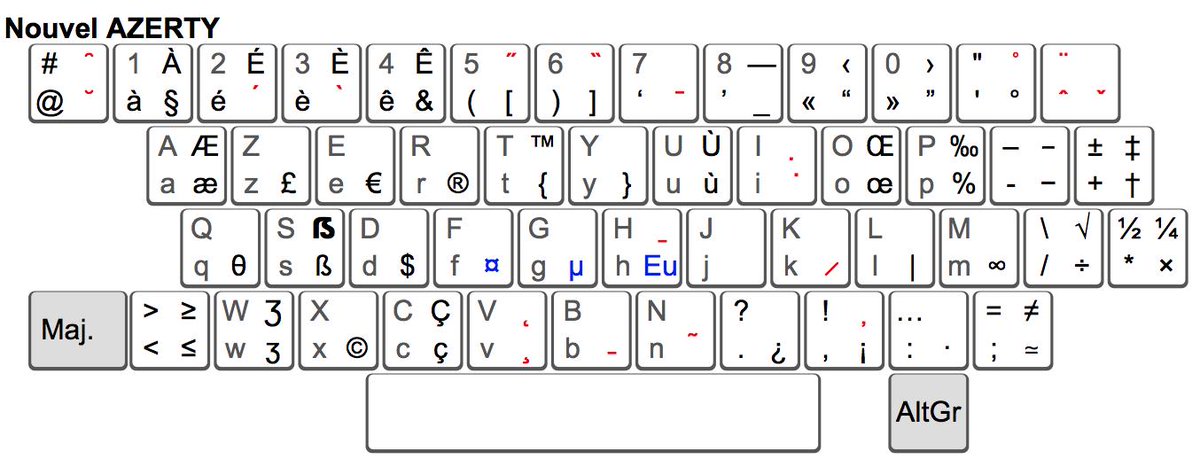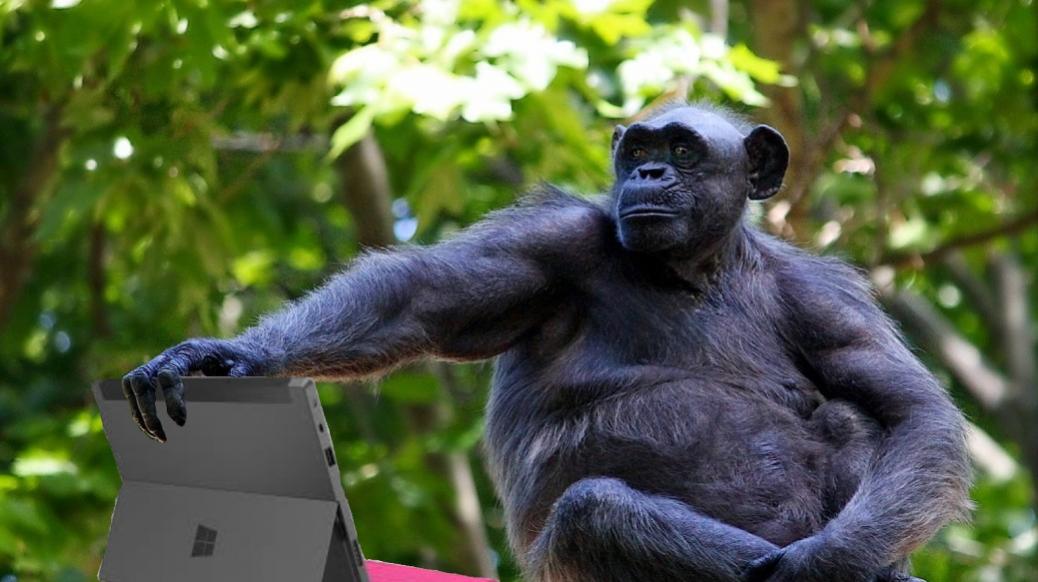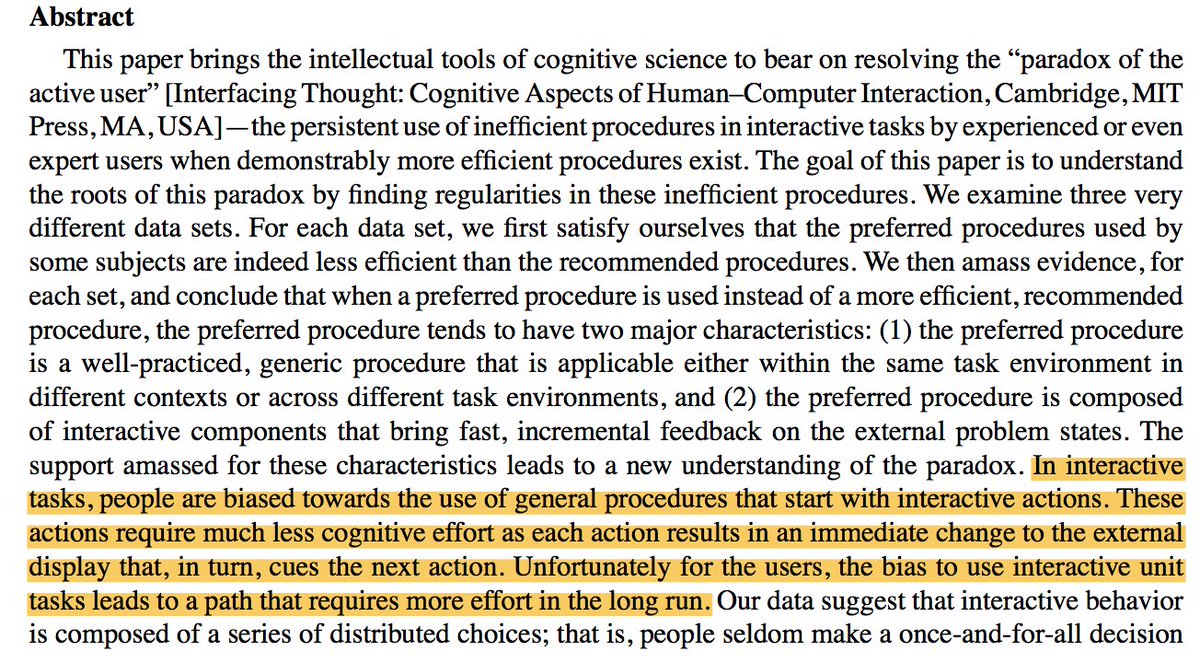
Computational models of human behavior. HCI Prof at Aalto University. On sabbatical at UC Berkeley '23-'24. Group page: https://t.co/f4ayVbnUA2
How to get URL link on X (Twitter) App


 One might think that the mouse is studied through-and-through, being as well-established and old as it is.
One might think that the mouse is studied through-and-through, being as well-established and old as it is. 



